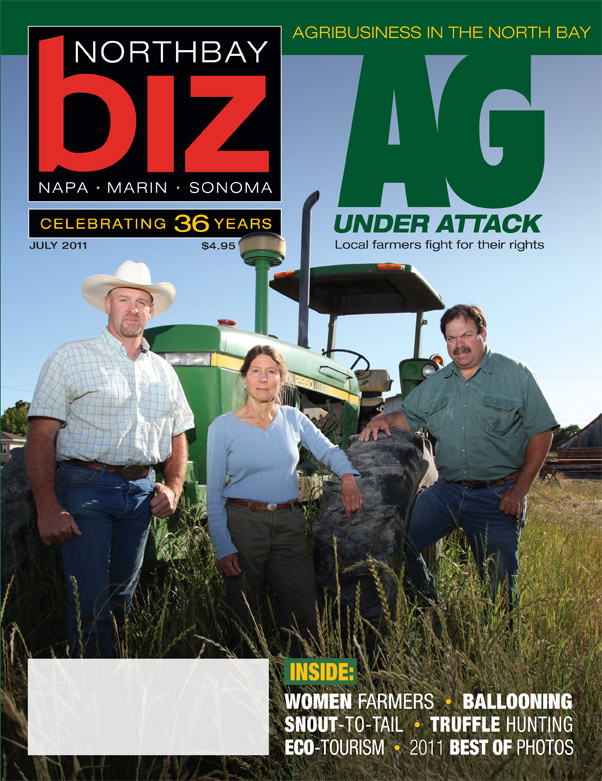|
|
(c) Copyright Patricia Dines, 2011. All rights reserved. |
"This is about planning for the future, to make sure
that we have a vibrant tourist economy 10, 20, even 50 years from now."
~ Rick Coates
SIDEBAR: WHAT IS ECO-TOURISM?
SIDEBAR: LOCAL ECO-PLAY IDEAS
Patricia Dines is the author of a wide variety of helpful books, newsletters and articles on environmental and community topics, including her Ask EcoGirl column. For more information, see www.patriciadines.info.
READER FEEDBACK
Rick Coates, Executive Director, Forest Unlimited and EcoRing
The original article (without graphics) is also on the publication's website at
